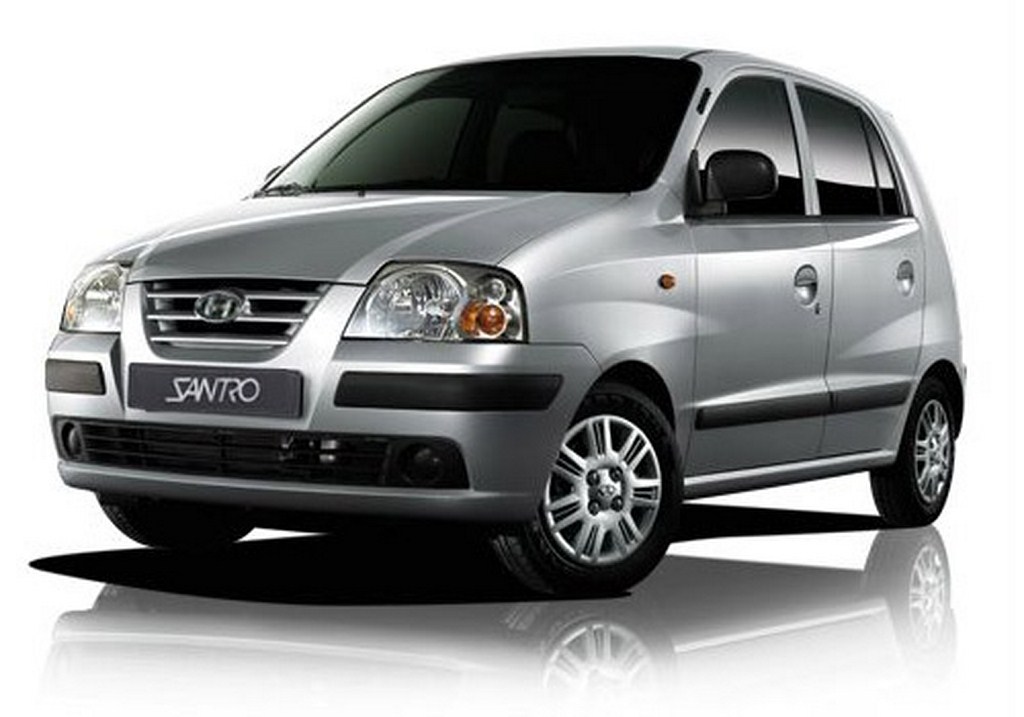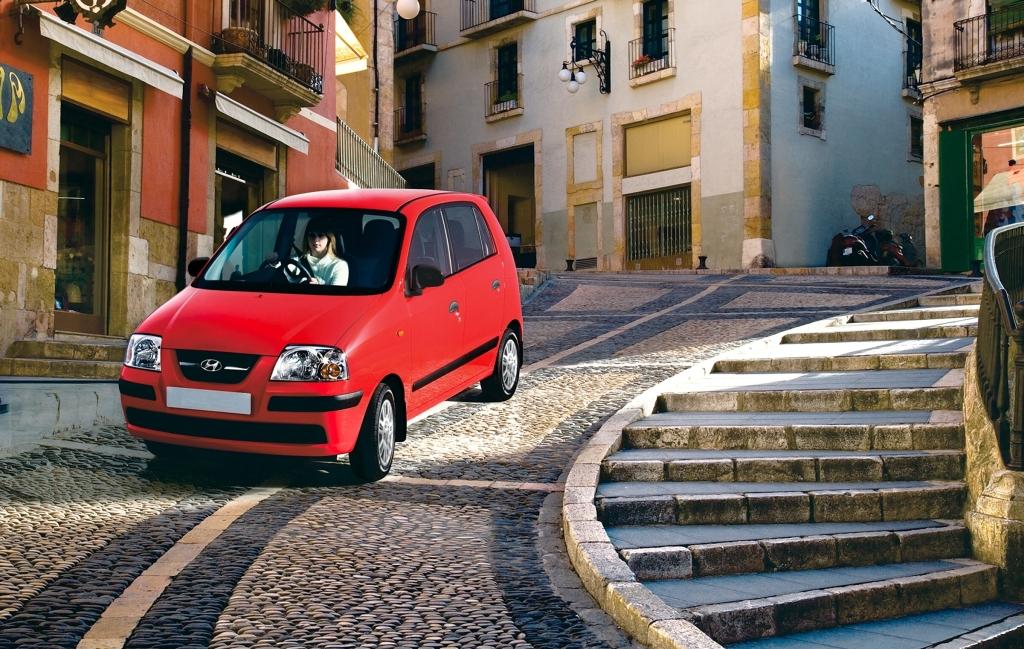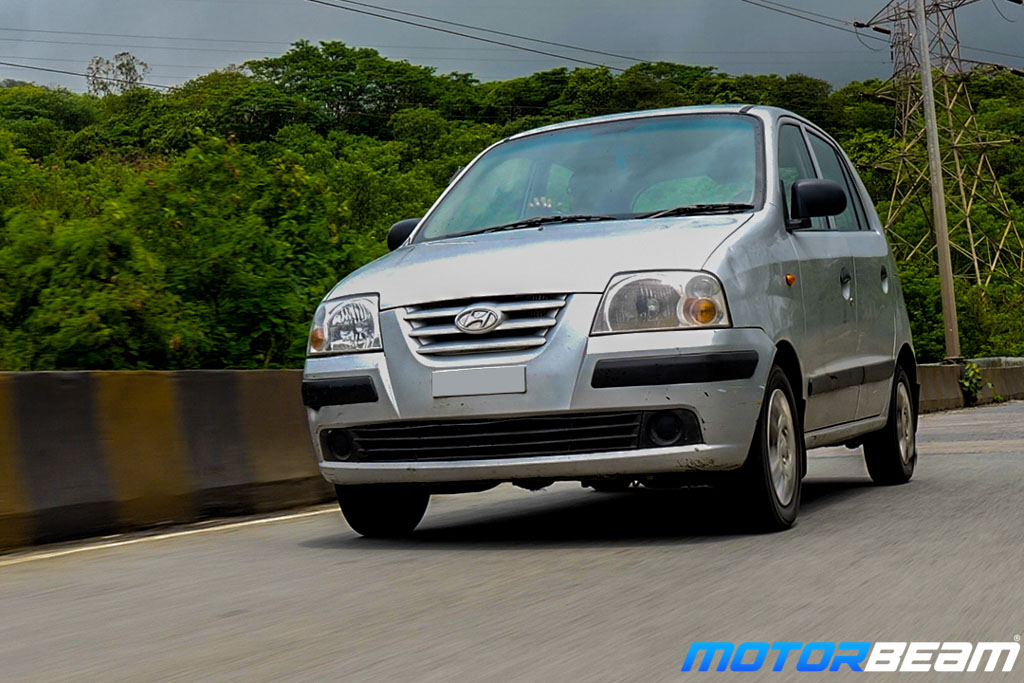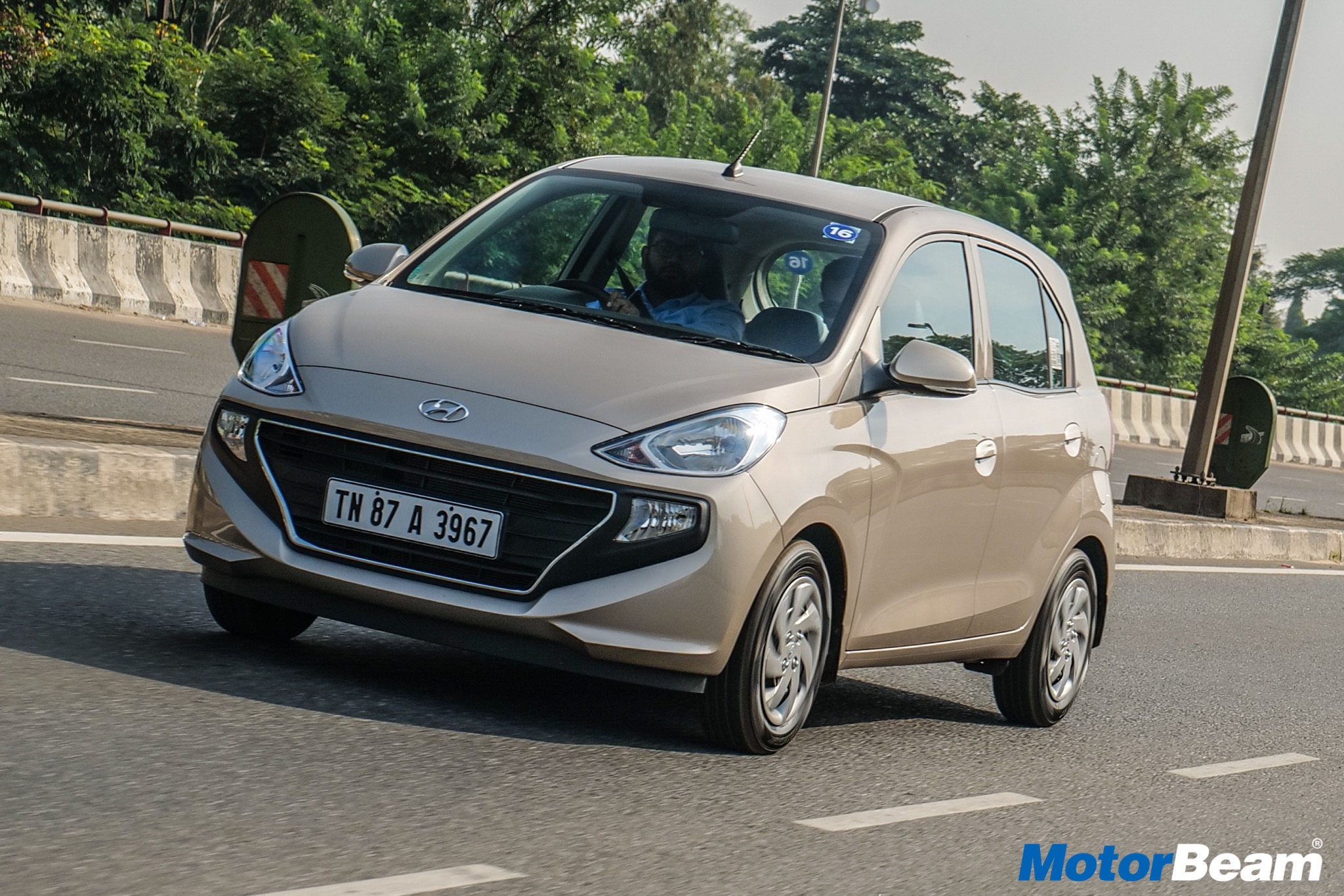Hyundai’s fortunes changed when it first arrived back in 1998 with the Santro hatchback. An entry-level model to the nascent Indian automotive market, the Santro managed to win hearts and minds alike for being a well rounded package. It was also one of the first cars to come with the tall boy design and definitely offered more for less in the price conscious, car loving country. Even today, the perception hasn’t changed much about the Santro and Hyundai too is in no mood to discontinue the model anytime soon in the country.
With product lifecycles reducing by the day, an average vehicle goes through a generation change in less than 5 years, not to mention the mid-life facelifts and upgrades the automakers provide in the interim period. The Santro though has been soldiering on without any specific changes and the company has been selling the hatchback for over 16 years now. Even though the South Korean automaker launched the next generation models in the form of the i10 and Grand i10 in the latter years, the first generation Santro has pretty much been on sale as it is, and received the Xing suffix in 2003 with a redesigned body shell.
Hyundai has retailed over 18.5 lakh units of the first generation Santro in domestic and exports markets and the demand even today does not seem to go down. Priced between Rs. 3.01-4.44 lakhs (ex-showroom, Delhi), the Santro is available with a 1.1-litre petrol motor producing 62 BHP and 96 Nm of torque, paired to a 5-speed manual transmission. More recently, the automaker also added an LPG and CNG variant to the Santro that further reduced the running cost of the hatchback.
Hyundai manages 2400-2500 units of the Santro very easily on a monthly basis, in a segment that see’s very tough competitors in the form of the Maruti Wagon R, Alto K10 as well as the Chevrolet Spark and the company’s own Eon. The sales figure is indeed commendable, considering the competition has been struggling to maintain theirs, while the Hyundai does without much effort. The automaker states that there is good demand in northernm western and some parts of south India in states like Haryana, Punjab and Andhra Pradesh. India is the only country presently to get the Santro, with all export operations stopped.
For a lot of people, the Santro was a big step up from the then available Maruti 800. While the Maruti was too common, the Santro made for a modern alternative that had impressive space courtesy of the tall boy design, a decent petrol motor and offered good driving capabilities as well. It was the ideal city car of its time and probably the only one that gave the M800 a tough competition in the segment. Even with the Wagon R being launched around the same period, the Santro managed to rake in sales as it was more pleasing to look at. Moreover, having driven the cars over the years, we can also swear by the Santro which did have an upper hand, thanks to the sheer practicality the hatchback offered.





